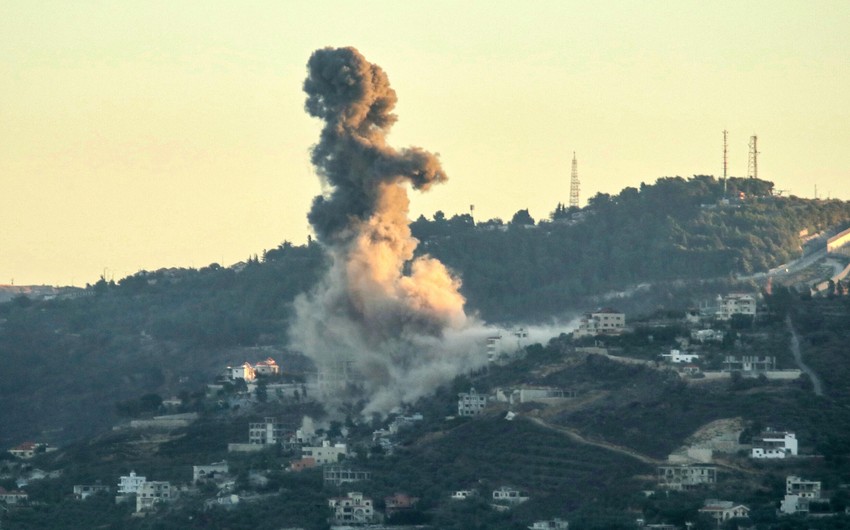Israel’s operation to manufacture gadgets, which exploded on the Lebanese territory earlier this week, took 15 years, the ABC television channel reported citing anonymous sources, Report informs referring to TASS.
The sources confirmed that the Jewish state was involved in the manufacturing of communication devices that detonated in various parts of Lebanon on September 17 and 18, killing dozens of people.
To that end, Israel created several shell companies allegedly involved in the production of these devices. Some of those doing the work were unaware of who they were actually working for, the broadcaster said.
Among these firms was Budapest-registered BAC Consulting, which was supposed to produce pagers under the Taiwanese brand Gold Apollo, in line with the contract.
However, a source in the Hungarian government told ABC that the explosive pagers were never in Hungary, anad the company was "merely a trading intermediary with no manufacturing or operational site in Hungary."
ABC sources also said that the Central Intelligence Agency (CIA) of the United States has long been reluctant to employ this tactic because the risk to innocents was too high.
Earlier, the Hungarian portal Telex claimed that the pagers that exploded in Lebanon may have been purchased from the Taiwanese company Gold Apollo by the Bulgarian firm Norta Global Ltd, rather than the Hungarian company BAC Consulting.
According to the report, BAC Consulting, registered in Budapest, acted only as an intermediary, facilitating the agreement with the Taiwanese firm, while the Sofia-based Norta Global Ltd was directly involved in procuring the pagers. Telex alleges that Norta Global Ltd "organized the delivery and sold" the pagers to Hezbollah.
Later, Bulgaria’s State National Security Agency said in response to statements made by Hungarian media that the Bulgarian firm was not involved.
Multiple explosions of communication devices occurred in Lebanon on September 17 and 18. On the first day, a large number of pagers blew up almost simultaneously in various regions of Lebanon. According to the country’s Health Ministry, 12 people, including two children, were killed, and 2,800 more were hospitalized.
On the following day, a new wave of blasts swept across Lebanon. This time, walkie-talkies, phones, fingerprint scanners, as well as devices operating on solar and lithium-ion batteries exploded. At least 25 were killed and over 600 people were injured in the repeat attack.
The New York Times, citing sources, later reported that Israel had long been preparing this sophisticated operation inside Lebanon, setting up in advance a bogus company to manufacture communication devices rigged with explosives.


 https://static.report.az/photo/6ccc5e6d-bfc8-30ac-9516-a672a245b5cc.jpg
https://static.report.az/photo/6ccc5e6d-bfc8-30ac-9516-a672a245b5cc.jpg

